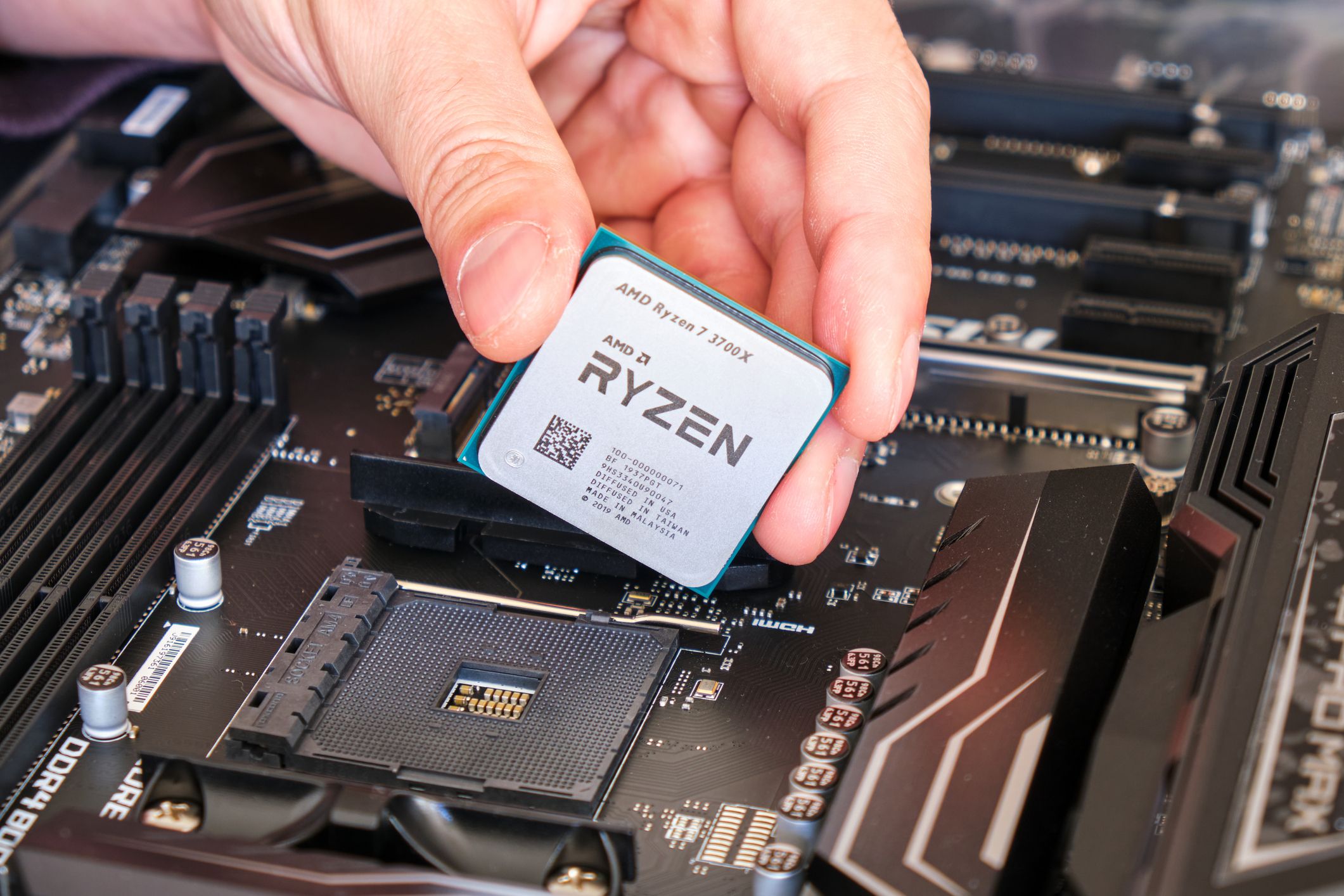This is just unbelievable. I mean, I'm near 'tearing my hair out' levels of bewilderment at some of the stuff I'm reading here trying to defend this. Are y'all all just professional contrarians or something?
It's a different perspective. Contrariness is inevitable when you get different people together to share their ideas. If people thinking different to you is a problem, there are other corners of the internet full of echo-chambers where everyone can share the same viewpoint unchallenged.

Even without competition, a company offering a new product after two years needs to provide a justification why people should buy it over their last product.
That doesn't make sense to me. Most people didn't buy an AMD processor last year, or the year before, or the year before that. If I go looking for a new processor now, I might consider AMD's options. There's the new CPU and the old one. If the new one isn't noticeably better but isn't more expensive, I'll go with the new one. If the old one is pretty much the same performance but cheaper as it's discounted stock, I'll get the old one...until it's no longer available because it's not being made. Then I get the new one that is no better but also no worse, so long as it's the same price. If it's more expensive, maybe I start look at Intel instead. What were the reasons for considering AMD in the first place?
There are many products that really aren't better on iterations. In fact quite often they are worse. In the space of waterproof cycling gear, companies have tended to keep the same price but cut back on features. The new product is worse than the old one. So why do I buy the new one? Because the old one isn't available any more. As a consumer it sucks, but as a business, that's how it is.
The justification here for this CPU, from scanning this discussion, is that AMD have updated their baseline. That's akin to refactoring code in a game. You put in a year's work, roll out a big update, and it's no different for the end users. But that update enables you to improve on future updates, and it needed to happen.
So what you're suggesting, assuming that's what's happened here, is that AMD should do the work to create a new base, but not release any products until they can expand on that base to something offering better performance than the old base. Skip a generation without any releases. But getting the silicon out there and working is a necessary step towards that progress.
At the end of the day, if this CPU doesn't offer what you want, don't buy it. It's not like the old CPU is being replaced with something worse, so consumers are no worse off. It's only a problem for AMD if their competition is more powerful and rolling out more power every iteration. If not, this is just a refactoring of the current CPU. Think of it like a PS2+. It was basically the same as the PS2 and offered no reason to upgrade, but if you didn't have a PS2, and PS2+ gave you a tiny improvement. It's not a disaster or a failure of AMD. You'd have to see where it leads and if it fits AMD's goals.
I suppose what's really needed to measure if this CPU is a win or not is what exactly were AMD's goals for it? If it met their goals as part of their long-term plan, it's a win.


